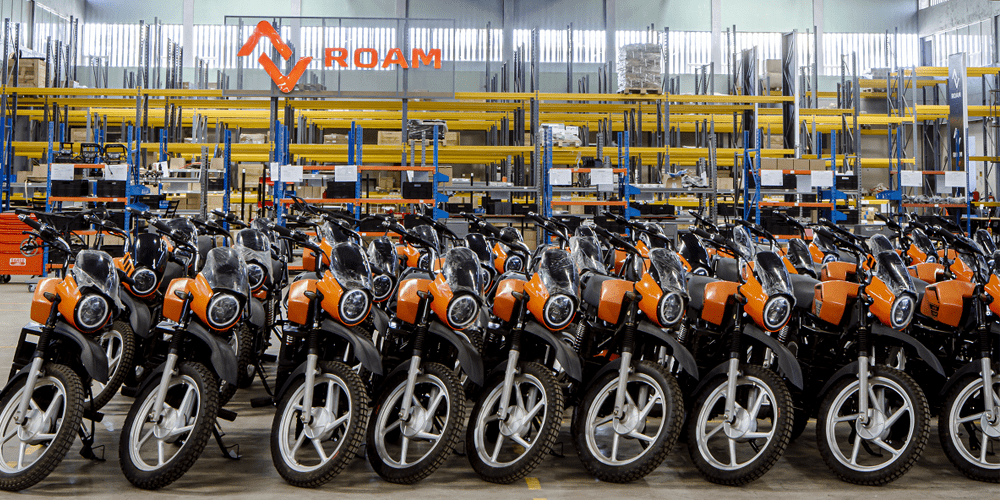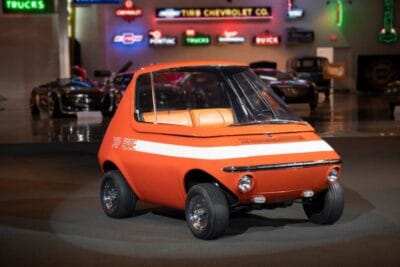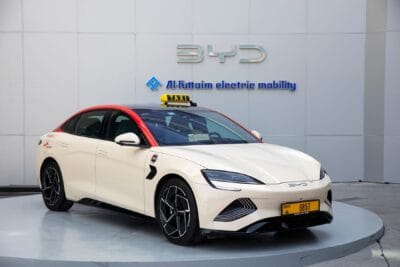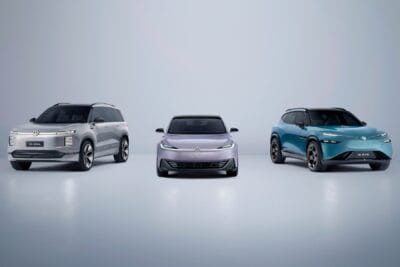Kenya pushes rollout of 100,000 electric motorbikes and tuk-tuks
Kenya will put 100,000 electric motorbikes and tuk-tuks on the roads within the next six years. The undertaking is a joint project between the Kenyan bank KCB and the United Nations Institute for Training and Research (UNITAR).
Specifically, KCB will provide “green loans” through local dealers for the purchase of a total of 100,000 electric motorbikes and electric tuk-tuks. The project, which will run for six years, will start in Machakos near the capital Nairobi and will then be rolled out successively throughout Kenya.
“The government has prioritized the adoption of e-mobility, to achieve a number of targets. There is a need to reduce carbon emissions by 32 per cent by 2030. In 2022 emissions in the transport sector were estimated to be 1.26 million tonnes of carbon dioxide,” Kenyan Cabinet Secretary for Roads and Transport, Kipchumba Murkomen, told Business Today.
Another starting point is public transport. Last year, the Swedish-Kenyan technology company Roam (formerly Opibus) announced the market launch of an all-electric public transport bus. The Roam Rapid will initially be used in the Kenyan capital Nairobi. Roam opened East Africa’s largest electric motorbike plant in Nairobi a few months ago. It is unclear from the media reports whether the manufacturer is supplying the electric two-wheelers for the abovementioned project.
One thing is certain: the bank KCB plays a key role in the project. Media reports said it set a target of converting a quarter of its total loan portfolio into green investments by 2025. “The initiative is in line with our commitment to increase our green lending loan portfolio by working with like-minded partners to enhance green job creation and attaining the net zero ambitions,” says KCB Group CEO Paul Russo.
More than 60 young riders across Nairobi were the first recipients of the electric Boda-Bodas after undergoing extensive training on electric bikes, the rule of law, customer service and conflict resolution, reports the bank. All those interested in the programme under the KCB Foundation’s so-called “2jiajiri” youth programme must attend this training to qualify for a loan.
Kenya’s 100,000 electric two-wheeler target is not the first e-motorcycle project announced in Africa. In Uganda’s capital Kampala, 140,000 internal combustion engine motorbike taxis will reportedly be replaced with all-electric ones within five years.





4 Comments